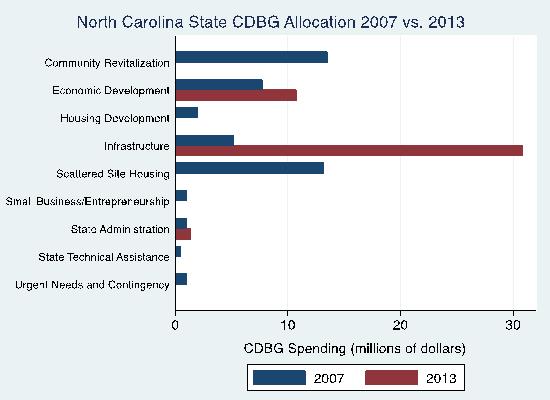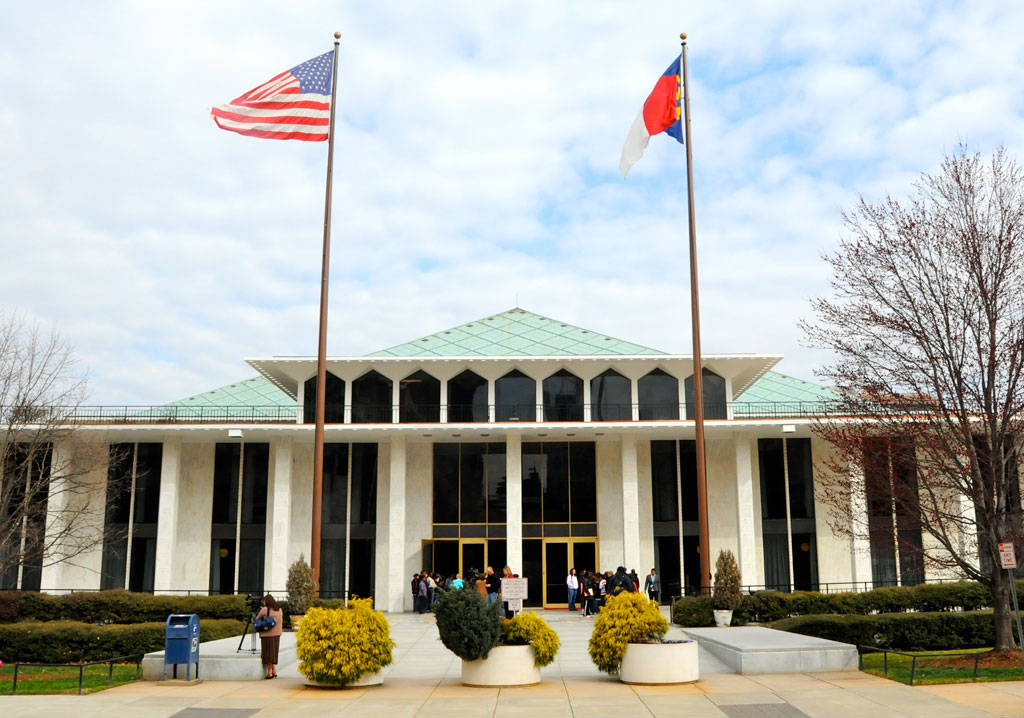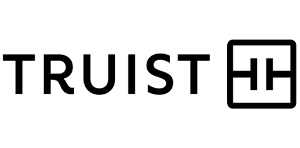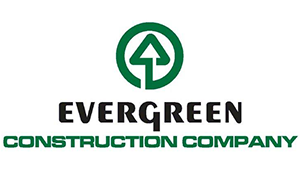
In October of 2016, Hurricane Matthew brought devastating flooding to communities across Eastern North Carolina. While various levels of government – federal, state, and local – have contributed resources to rebuilding, more are needed. More are always needed. While the United States Congress and the North Carolina General Assembly are both considering a second relief package, there is an underutilized source of funds ready to be deployed – the State Community Development Block Grant (CDBG).
CDBG is a federal program intended to strengthen communities by predominantly benefiting low- and moderate-income households. The program is intended to be used for public facilities and improvements, public services, housing, and economic development. In North Carolina, CDBG is administered either by one of the 28 entitlement communities who receive their own allocation, or by the state who then allocates the money to smaller communities.
Decision to Restrict CDBG Uses Hampered Local Communities’ Ability to Serve Families
A 2013 restriction to the scope of the State CDBG funding has prevented smaller communities from meeting pressing local needs. Prior to 2013, North Carolina used CDBG funds for the following purposes:
 State Administration;
State Administration;- Economic Development;
- Infrastructure;
- Urgent Needs and Contingency;
- Scattered Site Housing;
- Small Business/Entrepreneurship;
- Community Revitalization;
- State Technical Assistance; and
- Housing Development.
However, an amendment to North Carolina’s 2013-14 budget eliminated six of the categories, restricting the state’s 2013 CDBG allocation of $42.9 million to:
- State Administration;
- Economic Development; and
- Infrastructure.
This has cut off the broad-based economic benefits to families and local industry that affordable housing development and housing rehabilitation offer. The transfer of CDBG management to the Division of Environmental Quality has reduced the ability of communities to access the technical assistance and expertise necessary to develop and support transformative projects.
Unspent CDBG Funding Could Fill The Gaps
As of November 2016, North Carolina expenditure rate was half of what it should be. The state has spent $21.85 million over a 12 month period when the annual allocation was $43.9 million. Money that could benefit communities now is sitting unused. Without affordable housing development, housing rehabilitation and supportive counseling to individuals pursuing homeownership, the challenges of housing will continue to drain local economies of the income and stability necessary to support revitalization and vibrancy across the state. In 2015, the last year for which data is available, none of the state’s CDBG funds were available to address this housing crisis. This has to change.
Where Do We Go From Here?
SB 143 was filed in February to restore $15 million of the state’s CDBG allocation to Scattered Site Housing. While this is a step in the right direction, the needs are broader. Full flexibility should be restored to the program, and the expertise that was lost in 2013 should be restored to state government so that smaller communities around the state can leverage every source of funding possible.
The General Assembly should:
- Restore the state’s authority to use CDBG funds for its full range of uses, including affordable housing;
- Move the management of CDBG back to the Department of Commerce; and
- Deploy all current, unspent CDBG funds to affordable housing development.
The Governor should:
- Hire staff at the Department of Commerce with expertise in managing CDBG; and
- Deploy unused State CDBG money to assist in Hurricane Matthew recovery.
If you have a story to tell about the loss of CDBG in your community and its impact on housing, please send that story to sgunter@nchousing.org.








